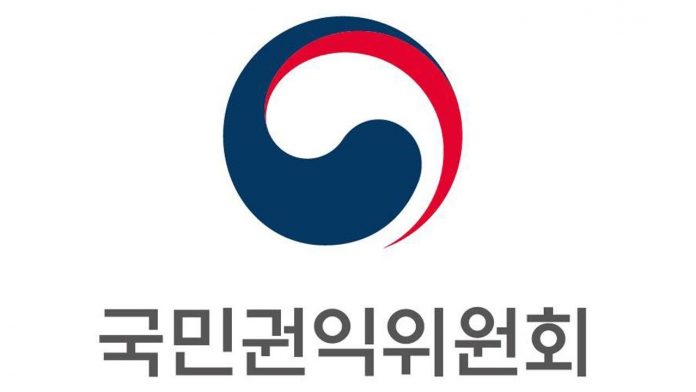
The South Korean government has introduced a new policy for asset disclosure by public officials, which now includes virtual assets. This policy is aimed at increasing the transparency and trust in the public sector.
Introduction of the Public Ethics Tracking System (PETI): The Ministry of Personnel Management plans to make public officials’ asset details more transparent through the Public Ethics Tracking System (PETI) starting next year. This system will allow the general public easy access to the asset registration details of public officials from various government institutions including the government, National Assembly, Supreme Court, and Constitutional Court. Approximately 29,000 public officials, with 5,800 of them being subject to asset disclosure, will have their details published through this system.
Inclusion of Virtual Assets in Disclosure Policy: Previously, virtual assets were not included in the asset registration of public officials. However, moving forward, virtual assets will be included in the asset disclosure details. The Personnel Management Office plans to revise the system to allow the valuation and registration of virtual assets. The top five virtual asset exchanges in Korea (Upbit, Bithumb, Coinone, Korbit, Gopax) will cooperate to provide the status of virtual asset holdings of public officials, playing a vital role in the asset registration process.
National Assembly Members’ Virtual Asset Survey Results: Meanwhile, the National Anti-Corruption & Civil Rights Commission announced the results of a comprehensive survey on the acquisition, trading, and loss of virtual assets by the 21st National Assembly members. The survey, conducted following the submission of personal consent forms by all assembly members, focused on analyzing virtual asset transaction records to verify the status and changes in their holdings. The results revealed that 18 members, approximately 6% of the total, held virtual assets. Among them, 10 members either had discrepancies or failed to register their actual virtual asset holdings as compared to their self-reported data.
Scale of Assembly Members’ Virtual Asset Transactions: During the survey period, 11 assembly members had virtual asset purchase and sale records. The cumulative purchase amount of virtual assets was KRW 62.5 billion, while the total sale amount was KRW 63.1 billion. Notably, Assembly Member Kim Nam-guk accounted for 89% of the total purchase amount (KRW 55.5 billion) and 89% of the total sale amount (KRW 56.3 billion).
Legislative Deliberation on Virtual Assets: Some members who had virtual asset holdings and changes were part of committees related to virtual assets. However, the Anti-Corruption & Civil Rights Commission clarified that this did not constitute a conflict of interest under the Public Officials’ Conflict of Interest Prevention Act.
Suggestions for Future System Improvements: Based on the survey results, the Anti-Corruption & Civil Rights Commission proposed that, before the commencement of the 22nd National Assembly, the registration rate and amount of virtual assets should be determined by parliamentary rules, and measures to prevent omission of unlisted virtual assets during registration should be established. These measures are expected to significantly contribute to increasing public trust in the asset disclosure of public officials and assembly members and enhancing transparency in the public sector.





![[November]Uptober No More](https://coinhubkorea.com/wp-content/uploads/2025/10/Whisk_d78880efb01a730907f4be201effefe1dr-1-100x70.jpeg)
